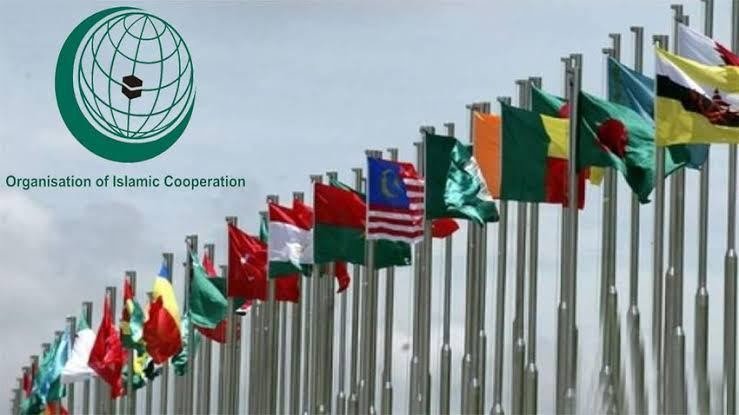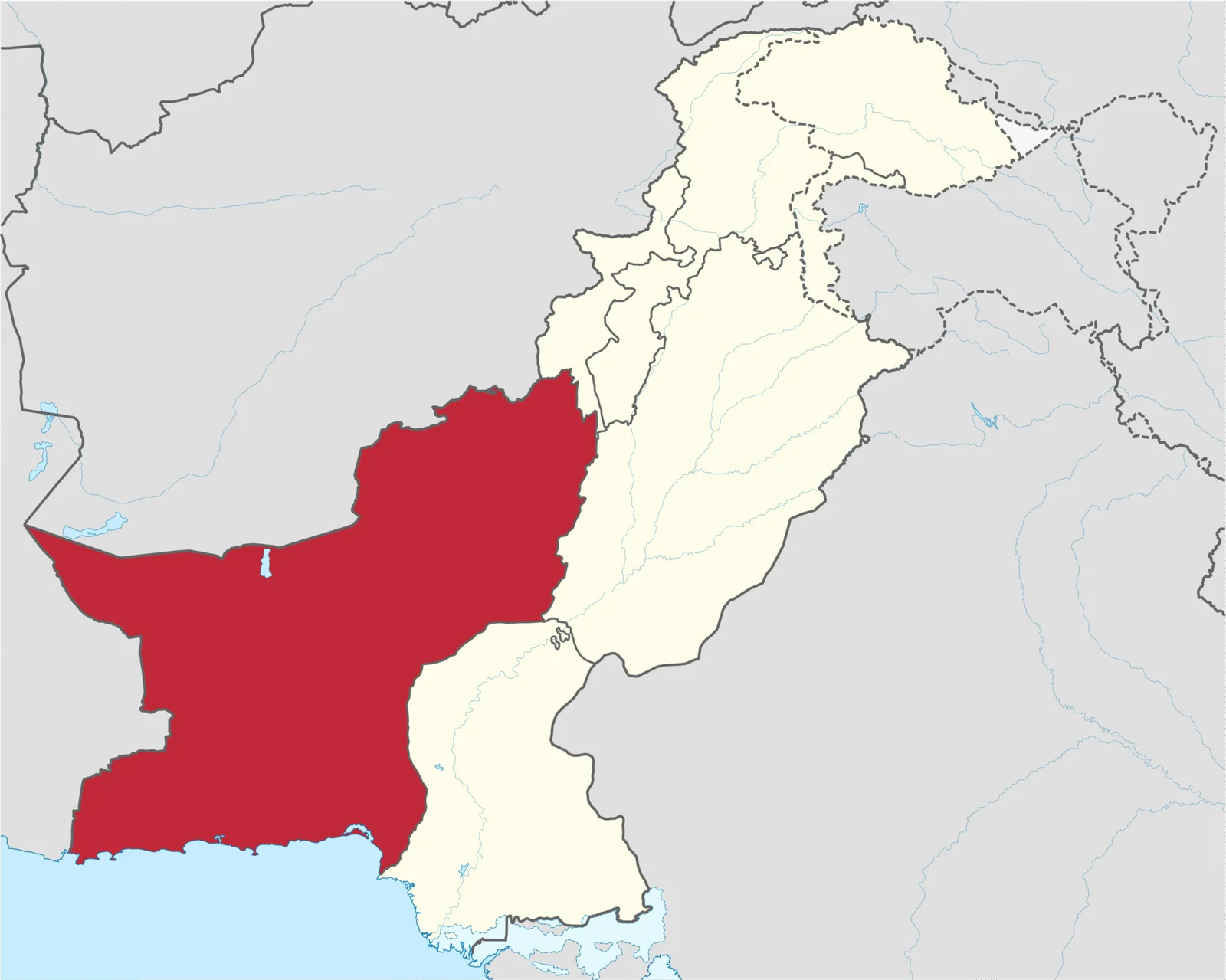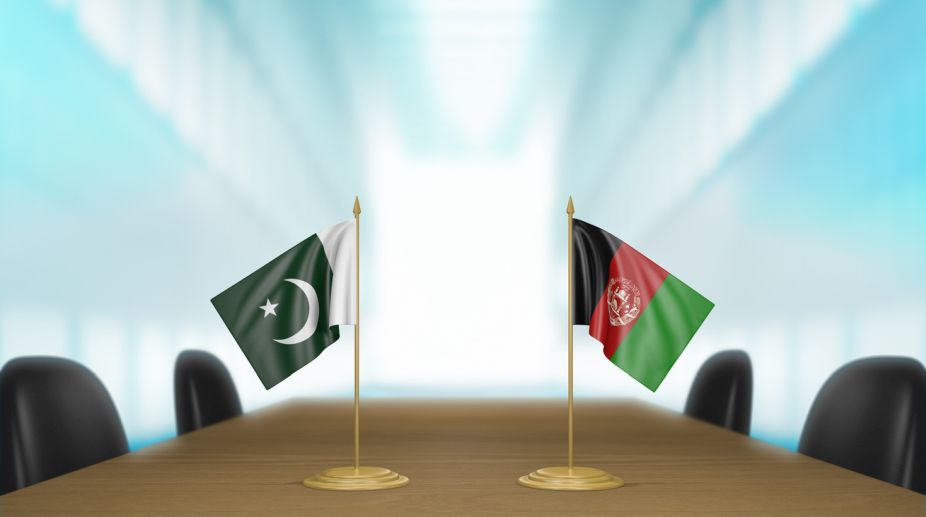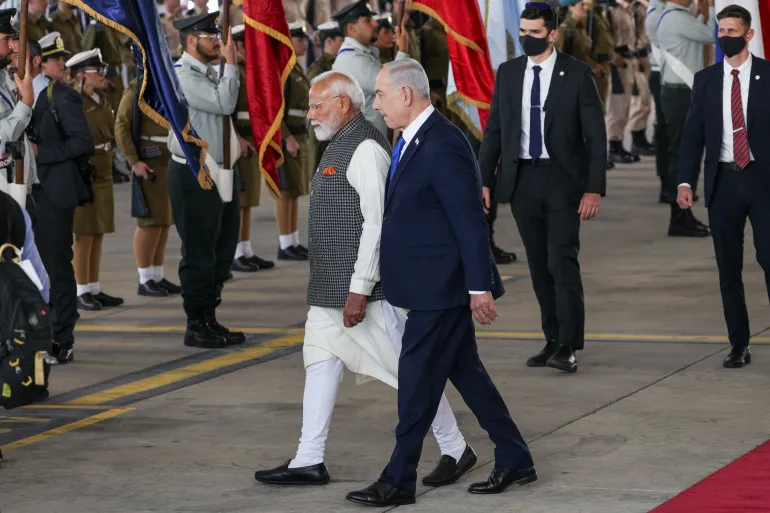Editorial
Every year on May 1st, the world pauses to honor the hands that build nations — the workers who lay bricks, till soil, stitch garments, drive buses, clean homes, and run machines. Yet beyond the symbolic gestures of Labour Day lies a far more uncomfortable truth: the global working class remains undervalued, underpaid, and overlooked.
From the factories of Pakistan to the farms of Latin America and the gig workers in sprawling Western cities, the story is much the same — long hours, meagre wages, and minimal protections. In many parts of the world, labour laws are outdated or poorly enforced. The right to unionize is denied. Safety regulations are ignored. And in the vast informal economies of developing nations, workers operate without contracts, health coverage, or even the basic dignity of recognition.
Even in wealthier countries, labour is being redefined in ways that favour corporate profits over worker rights. The rise of precarious employment — zero-hour contracts, freelance gigs, and digital platform work — has eroded job security. Technology, though a force of progress, is also displacing workers faster than they can reskill.
Please subscribe to the YouTube channel of republicpolicy.com for quality podcasts:
But perhaps the greatest injustice is the growing disconnect between the wealth workers help create and the share they receive. Inequality is deepening. Productivity rises, yet wages stagnate. The pandemic exposed this cruelty — essential workers kept the world running, but were the first to lose their jobs, and the last to be protected.
To truly honour labour, the world must do more than celebrate it once a year. It must legislate, protect, empower. Because until the dignity of work is restored and workers are seen as stakeholders — not expendables — there can be no just economy, and no meaningful progress.
















